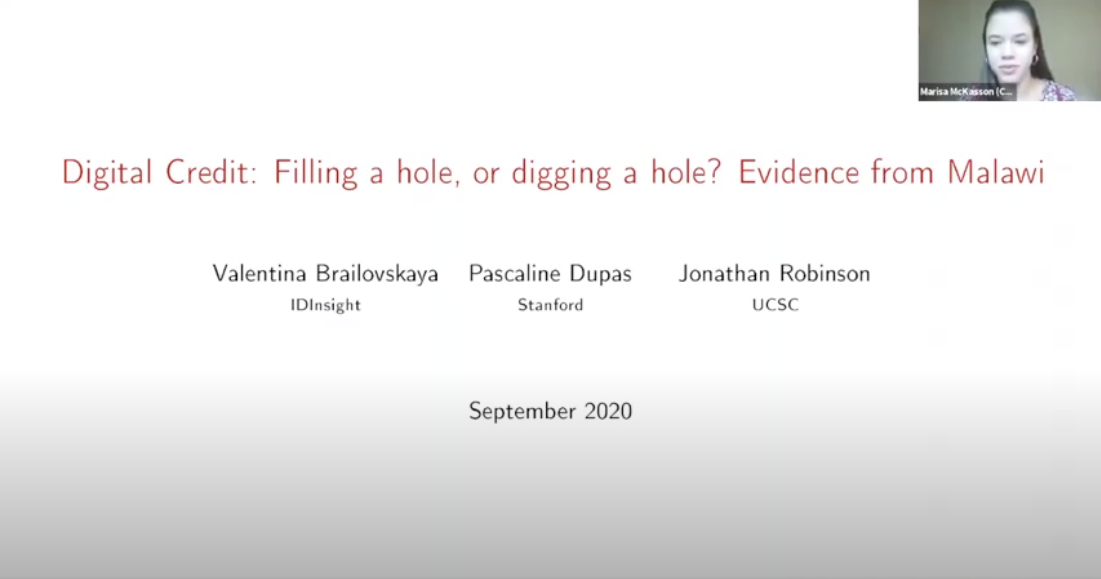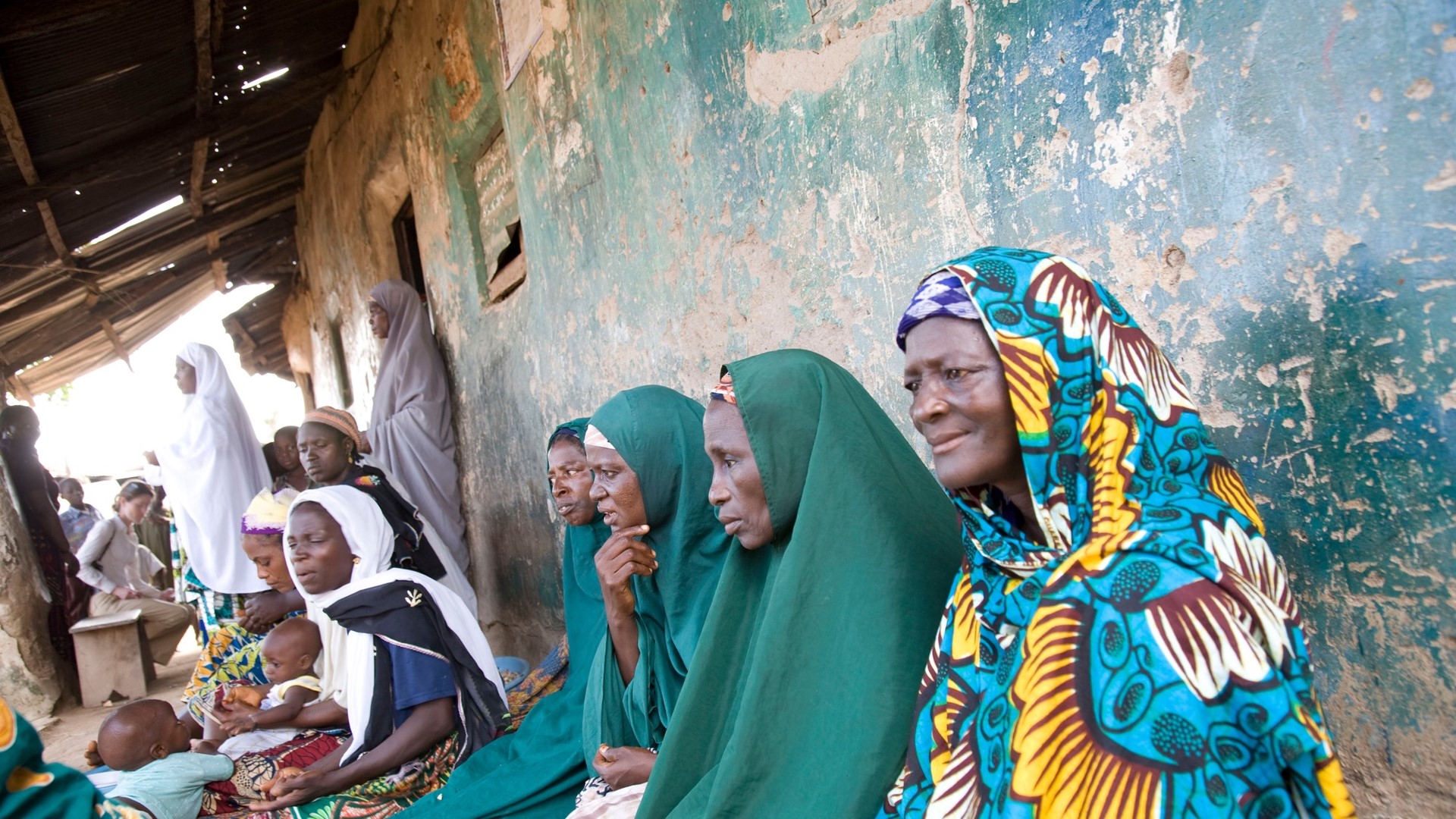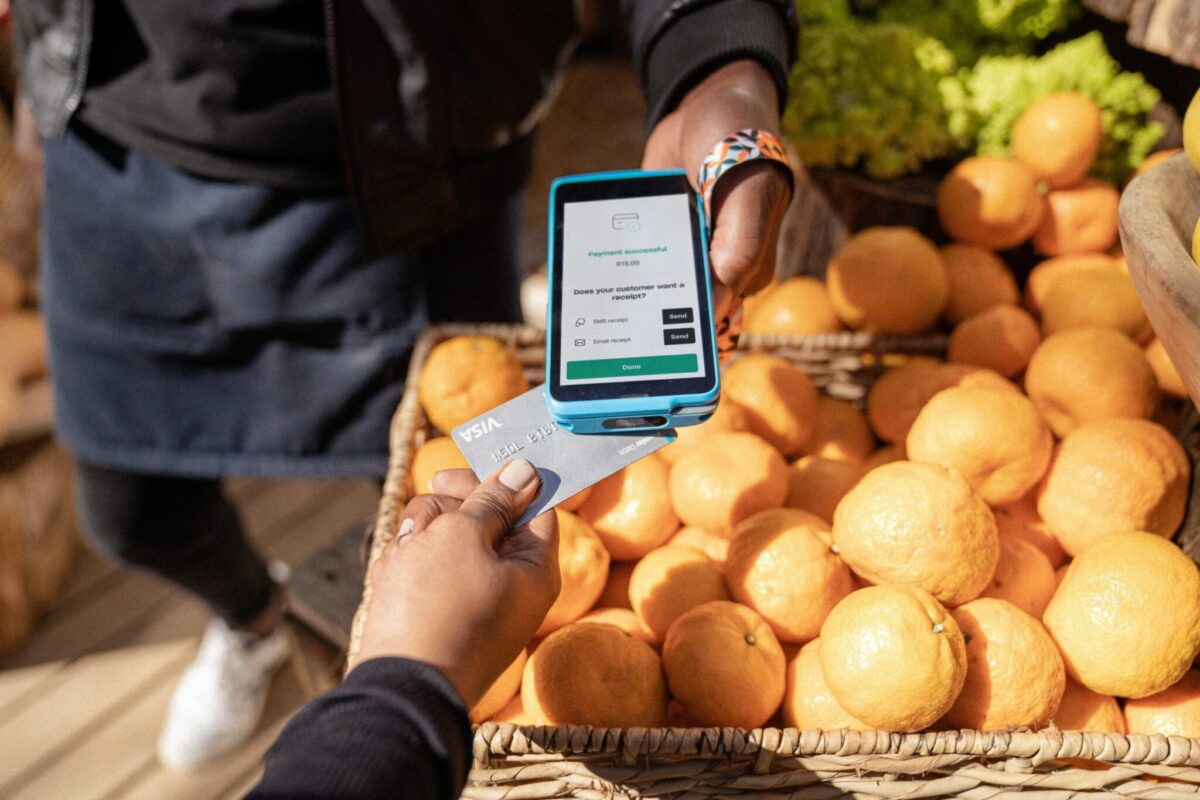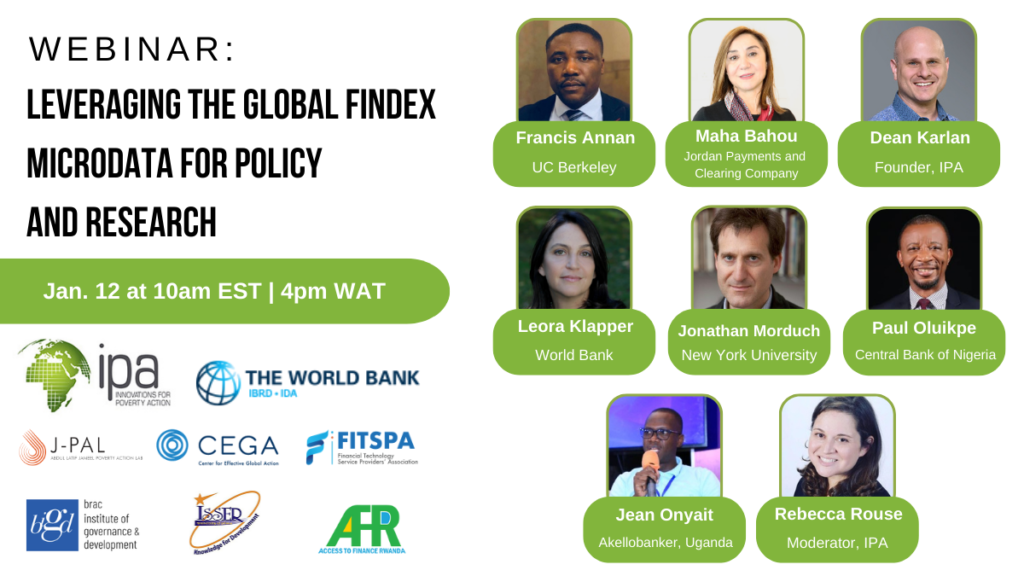DCO Panel: Evidence on the Impacts of Digital Credit
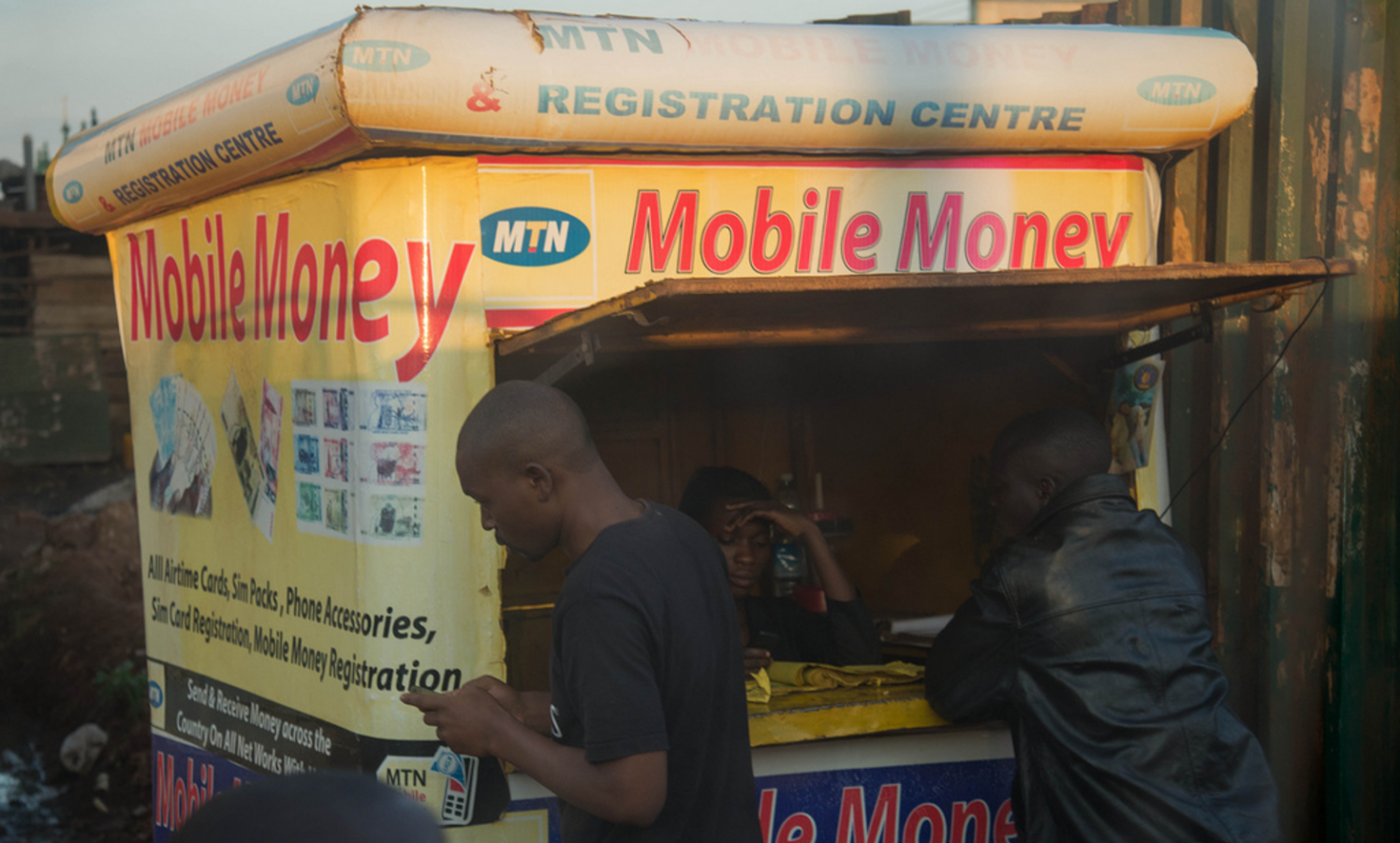
Customers at an MTN kiosk | Photo Credit: Hans Olofsson
Digital credit often uses machine learning and “alternative” big data sources, such as mobile phone usage, to generate credit scores and distribute loans to consumers in an instant, automated, and remote fashion. Are these products distributing loans to low-income and financially underserved borrowers that would benefit from this financial service? What are the impacts—both positive and negative—of digital credit products in emerging markets, and do they differ by gender?
CEGA’s Digital Credit Observatory (DCO) hosted a panel on October 25 sharing rigorous evidence on the impacts of digital credit and discussing potential insights for implementation and regulation. You can find a recording of the discussion and related resources below.
The panel was part of the What Works Global Summit, an annual event for evidence professionals, development practitioners, and policymakers to discuss the latest evidence on development policies and interventions.

